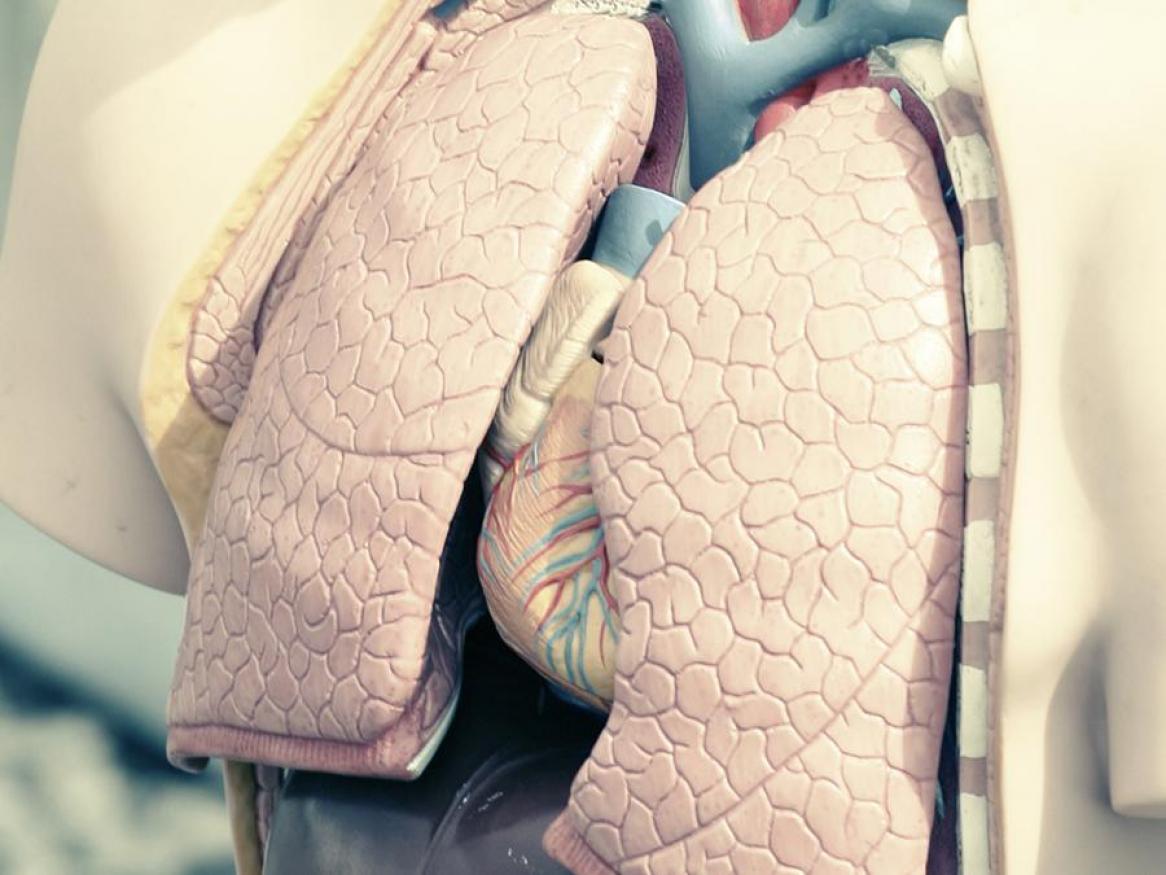Australian Dysautonomia and Arrhythmia Research Collaborative
The Australian Dysautonomia and Arrhythmia Research Collaborative (ADARC) is focussed on improving outcomes for those suffering with autonomic dysfunction and arrhythmias.
Dysautonomia (including POTS) remains under recognised with inadequate understanding on its mechanisms and limited therapeutics to improve outcomes for those living with these chronic multi system conditions. Particularly, sufferers with POTS are mostly females of childbearing age, and many are debilitated, with impacts on education, productivity and social wellbeing.
With our ageing population, there is increasing number of individuals suffering from arrhythmias. Apart from those with genetic predisposition to arrhythmias, most heart rhythm disorders result from common risk factors such as hypertension, obesity, sleep apnoea, alcohol excess, diabetes and sedentary lifestyle. Recent research suggests that management of arrhythmias must extend beyond medications and catheter ablation to include aggressive lifestyle and risk factor management to achieve the best outcomes.
Our multidisciplinary group comprises clinician researchers focusing on innovative ways to diagnose, treat and manage POTS and cardiac arrhythmias. The group maintains the only Australian patient registry for individuals diagnosed with POTS, (Oz-POTS registry), and is dedicated to improving outcomes in those suffering from this challenging condition.
Our research group is running several studies and has a current focus on characterising the role of autonomic dysfunction in post-acute sequalae of COVID-19 (Long-COVID). Other studies are aimed towards improving outcomes in POTS, including defining the impact of pharmaceutical agents including the role of immunotherapy, as well as non-pharmacological interventions. ADARC has received several research grants, including one from Standing Up to POTS (Defining the role of autonomic dysfunction in Long Covid) and Dysautonomia International (Plasmapheresis for treatment refractory POTS).





